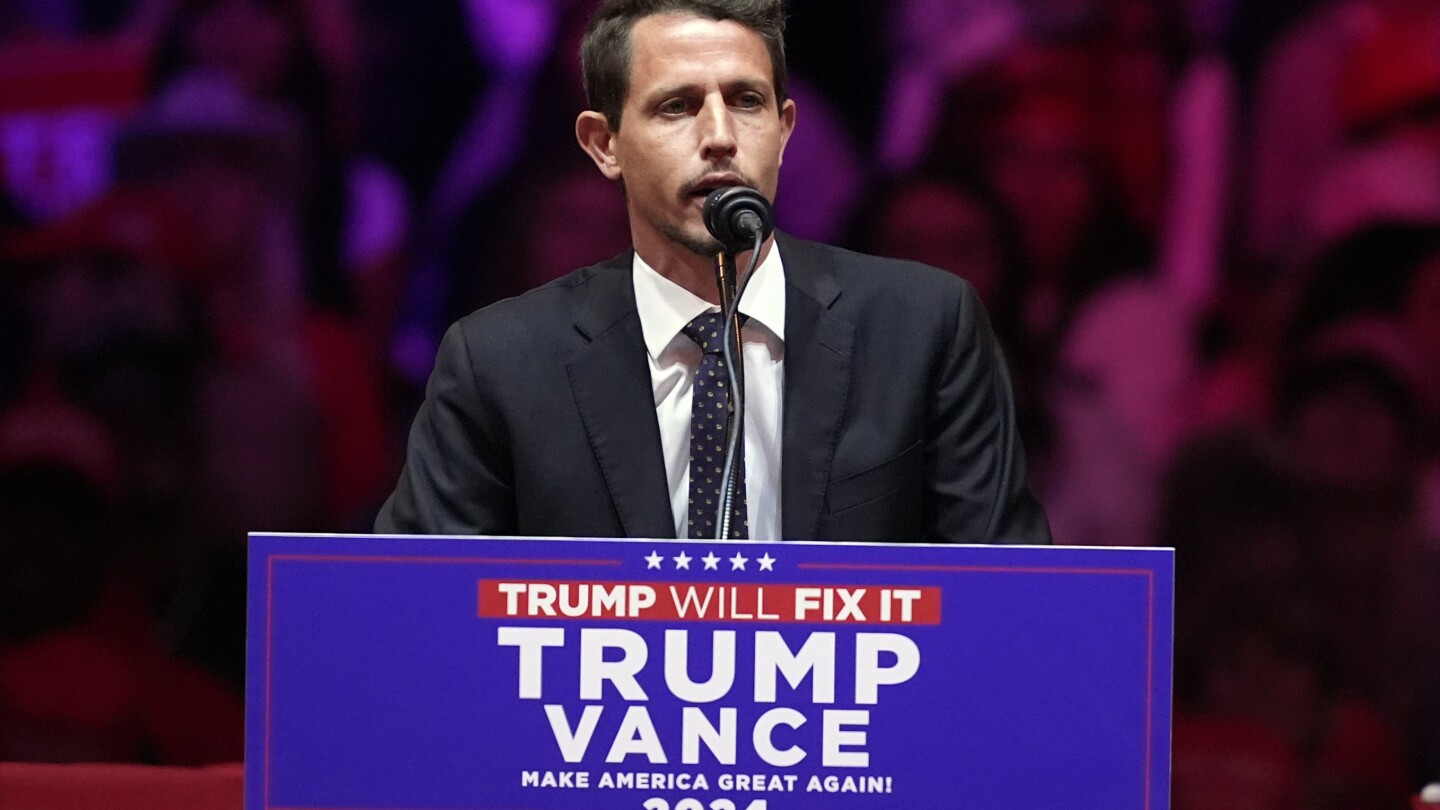Puerto Ricans cannot vote in general elections despite being U.S. citizens, but they can exert a powerful influence with relatives on the mainland. Phones across the island of 3.2 million people were ringing minutes after the speaker derided the U.S. territory Sunday night, and they still buzzed Monday.
Democratic Vice President Kamala Harris is competing with Trump to win over Puerto Rican communities in Pennsylvania and other swing states. Shortly after stand-up comic Tony Hinchcliffe said that, “I don’t know if you guys know this, but there’s literally a floating island of garbage in the middle of the ocean right now. I think it’s called Puerto Rico,” Puerto Rican reggaeton superstar Bad Bunny announced he was backing Harris.
After Sunday’s rally, a senior adviser for the Trump campain, Danielle Alvarez, said in a statement that Hinchcliffe’s joke did “not reflect the views of President Trump or the campaign.”



Why is it that an American citizen living in, for example, France or any foreign country can vote but Americans in Puerto Rico can not?
Because the U.S. is a failed democracy. It labels places like Puerto Rico as a territory.
How are the Puerto Ricans represented in congress? Because not being able to vote for the executive branch is beginning to smell like taxation without representation.
Yes and no.
https://en.wikipedia.org/wiki/Taxation_in_Puerto_Rico
As with most things related to the U.S. government, it is complicated, bullshit, and hypocritical.
Because “No taxation without representation”? No wait, that doesn’t make sense.
The short answer is that deployment doesn’t count as permanent residence. You can still get a ballot from the state or territory that you used to reside in. You’re also required to pay federal, and depending on the state, state taxes.
You can be a dual citizen and be living outside of the US and still vote. You can be an American citizen who has never lived in America and vote. It’s not about permanent residency at all.
https://www.usa.gov/who-can-vote
Good point. That said, the law is structured to allow people to get ballots from the “jurisdiction of their last residence.”